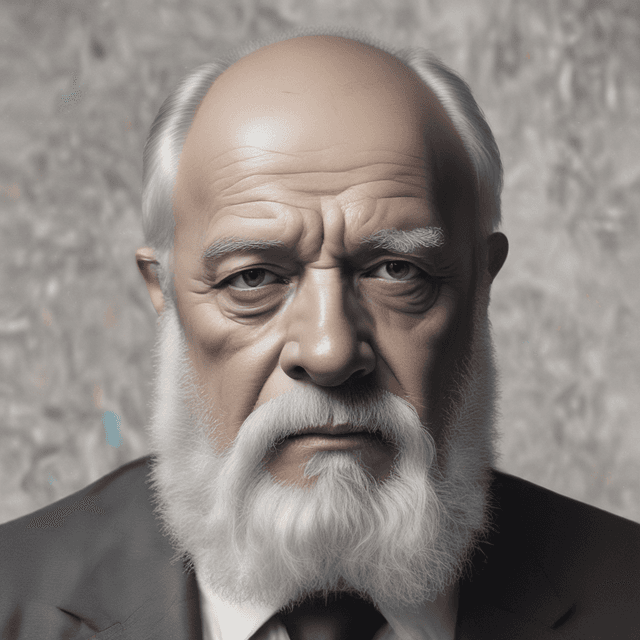
| Name | Krzysztof Penderecki |
| Genres | Avant-garde • Modernist |
| Status | Towering figure in contemporary classical music |
| Known for | Pioneering innovative compositional techniques and politically-charged works that made him a prominent figure in 20th century classical music |
| Occupation | Composer • Conductor |
| Nationality | Polish |
| Notable works | Threnody to the Victims of Hiroshima • St. Luke Passion • Polish Requiem |
| Relationship with |
Krzysztof Penderecki (1933-2020) was a Polish composer and conductor who played a pioneering role in the avant-garde and modernist music movements of the 20th century. His innovative compositional techniques, politically-charged works, and complex relationship with the communist authorities in the People's Republic of Poland made him one of the most influential and controversial figures in Eastern European music.
Penderecki was born in 1933 in the town of Dębica, then part of the Second Polish Republic. Growing up during the tumultuous years of World War II and the subsequent Soviet occupation, Penderecki's formative experiences would have a profound impact on his artistic sensibilities and worldview.
Demonstrating prodigious musical talent from a young age, Penderecki enrolled at the Academy of Music in Kraków in 1954, where he studied composition under the tutelage of Stanisław Wiechowicz. It was here that Penderecki began to experiment with avant-garde techniques, including the use of unconventional notation, graphic scores, and unorthodox instrumental techniques.
Penderecki's breakthrough came in 1960 with the premiere of his orchestral work "Threnody to the Victims of Hiroshima," a harrowing, deeply unsettling sonic meditation on the atomic bombing of the Japanese city. The piece, which utilized aleatoric techniques and extreme timbral effects, immediately established Penderecki as a leading voice in the international avant-garde.
In the following years, Penderecki continued to push the boundaries of classical music with works like the sprawling "St. Luke Passion" (1966) and the eerie, otherworldly "Polymorphia" (1961). These compositions, which blended modernist dissonance with elements of Polish folk and religious music, earned Penderecki widespread acclaim and controversy in equal measure.
Penderecki's rise to prominence coincided with the turbulent political climate of the People's Republic of Poland, where the communist government sought to tightly control all aspects of cultural production. The composer's innovative and often unsettling musical language was viewed with deep suspicion by the authorities, who saw it as a threat to the state's official artistic doctrine of "socialist realism."
Despite this tense relationship, Penderecki managed to maintain a delicate balance, navigating the political landscape while continuing to push the boundaries of his art. His later works, such as the multimedia opera "The Black Mask" (1986) and the choral piece "Credo" (1998), incorporated more overt political and social commentary, reflecting Penderecki's growing disillusionment with the communist regime.
In the 1970s and 80s, Penderecki began to incorporate electronic and multimedia elements into his compositions, further expanding the sonic and conceptual possibilities of his music. Works like "Fonogrammi" (1971) and "Żal" (1979) combined orchestral forces with tape manipulations, synthesizers, and projected visuals, creating immersive, synesthetic experiences for audiences.
These explorations into the realms of electroacoustic music, as well as Penderecki's collaborations with visual artists and filmmakers, cemented his reputation as a trailblazer in the field of interdisciplinary art. His influence can be seen in the work of subsequent generations of composers who continued to blur the boundaries between music, technology, and other media.
Krzysztof Penderecki's multifaceted career and pioneering body of work have had a profound and lasting impact on the world of classical music. His innovative compositional techniques, politically-engaged artistic vision, and fearless experimentation with new technologies have inspired and challenged composers, performers, and listeners alike.
Despite the turbulence and challenges he faced under communist rule in Poland, Penderecki remained a towering, indomitable figure, using his music as a vehicle for exploring themes of trauma, resistance, and the human condition. His legacy as a visionary artist and bold, uncompromising voice continues to reverberate across the global musical landscape.